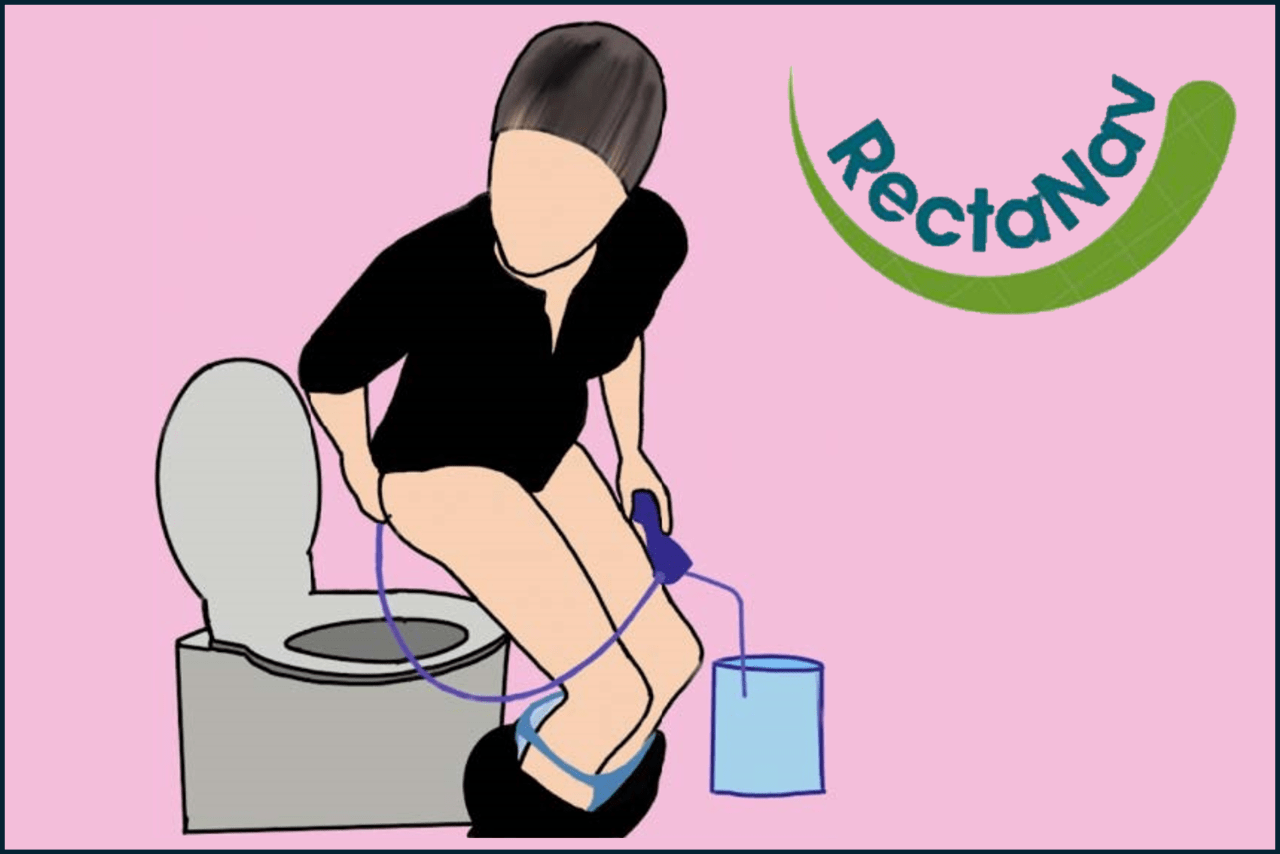RectaNav
- Govardhan Poondi
- Viha Chakrapani
- Zach Gold
- Jaden Maloney
- Aarna Sanghai
- Leila Shafizadeh
- Nyasia Brown
- Makenzie Higgins
- Elizabeth Logsdon
- Sarah Korth
- Ann Holm
- Joanne Davis
- Eve Kenney
- Amina Ishrat
Abstract:
Neurogenic Bowel Disorder (NBD), the loss of deliberate bowel function, results from Spinal Cord Injury (SCI) and congenital defects including Spina Bifida (SB). Transanal irrigation (TAI) is the gold-standard protocol for nearly 167,000 patients with NBD and non-invasively relieves its two primary symptoms, chronic constipation and fecal incontinence, by pumping water into the rectum via a transrectal catheter. Although TAI is highly effective, patients struggle with long-term adherence due to upper-body dexterity/mobility and trunk instability limitations which make it difficult to navigate the catheter to the anus. TAI discontinuation decreases patient independence, worsens fecal incontinence, and increases the likelihood of future invasive interventions. To improve long-term TAI adherence, the team has developed a TAI supplemental device that improves the ease and timeliness of catheter navigation to the anus. Through this device and TAI, patients will receive sustained symptom relief and develop habits for long-term, independent bowel care.

